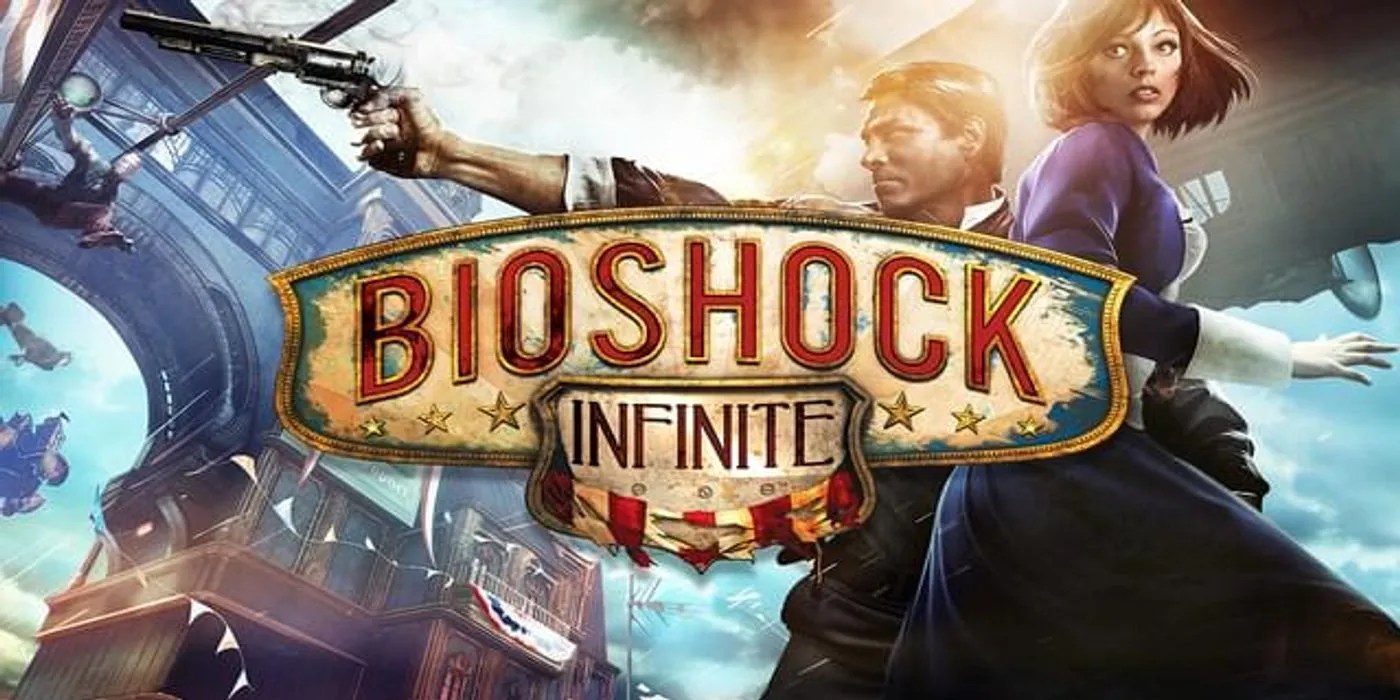Video games are anexcellent medium for storytelling, taking narrative-driven adventures to new heights with their immersive world-building and intriguing characters. Some plots can become overtly convoluted, with the player only being able to trust the narrator’s guidance to point them in the right direction.
However, a common trope in modern video games is the unreliable narrator, twisting the game’s tale to great effect. Often, the player may even struggle to diverge fiction from reality. Here are some games where players should not trust the narrator, and should take their words with a pinch of salt.

6Dear Esther
Dear Estheris an immersive first-person exploration game where the unnamed player walks across an isolated island towards its mountainous peak. As the player begins to make their first steps, a spectral voice reads aloud a letter beginning with “Dear Esther.” It becomes clear that Esther is dead, and the narrator is confronting their feelings about the deceased.
RELATED:PS4 Games With Simple Stories But Deep Lore

Dear Estherabandons all notions of traditional gameplay in favor ofan emotional walking-simulator-based narrative, as players may find that nothing in this game feels real. At times, the unreliable narrator discusses irrelevant events that do not make sense, as the symbolic narration and the visual atmosphere devolve into incoherence and a sense of delirium. Even after several replays, gamers may still struggle to piece together this intriguing narrative as they discover different fragments of dialogue each time.
5The Beginner’s Guide
Can video games offers a window into the minds of their creator?The Beginner’s Guideattempts to answer that question, and is a thought-provoking inner monologue thatdelves into some complex themes of the human mind, like loneliness and lack of motivation. It also tackles dishonesty and unreliability, especially between friends. The narrator ofThe Beginner’s Guideis Davey. He discusses his friend Coda, a video game developer who has stopped creating games, and investigates his past work to analyze what caused Coda’s mental decline.
Davey mentions he createdThe Beginner’s Guidea way to coax Coda into creating games again. However, not everything is at it seems. The game’s conclusion is open-ended but suggests that Davey was the one that caused Coda’s decline. There are breaches of the fourth wall, as Davey inserts himself into Coda’s original work, adding his own flourishes, like the lampposts, without Coda’s permission.

4Lone Survivor
As the title suggests, players believe they arethe last human standing in the post-apocalyptic gameLone Survivor.The world is rife with mutated creatures as an unknown contagion has infected the world. The player is stationed in an apartment in the center of the ruined city, with a dwindling sense of hope and feeling more alone than ever.
RELATED:Important Story Moments In Games That Are Completely Missable
Every day could be their last, as the player must venture from their safe space to scavenge for food and other helpful supplies for day-to-day existence. As they progress through the game, the player realizes that their mysterious playable protagonist does not have the tightest grip on reality, withfrequent hallucinations and strange encounters. It becomes difficult to discern what is real to the survivor, and what is a figment of his imagination. The player may not be the Lone Survivor after all.
3Portal
Portalplaces the player in control of the last remaining human test subject in the Aperture Science Laboratories. They areguided through a series of puzzlesby the disembodied voice of the witty yet caustic A.I, GlaDOS. The protagonist, Chell, is armed with a portal gun to get through the tests, with the promise of a cake when she completes all the puzzles.
As Chell progresses through the facility, GLaDOS becomes steadily more passive-aggressive in her commentary, even calling the player fat at one point. The reasoning behind the lack of human facility staff later becomes apparent, as GLaDOS is the catalyst behind the facility’s destruction. GLaDOS had led the protagonist Chell to die by neurotoxin, but Chell outsmarts her. The cake is a lie; one of the many lies revealed inPortal.

2BioShock Infinite
InBioShock Infinite, playersmay struggle with differentiating fabrications from reality and truth from lies, putting players in a quandary of confusion as they try to piece together the games' events. No players would be ever able to predict the ending, leaving their minds boggled.
BioShock Infiniteplayers may initially believe they are aiding the player character, Booker Dewitt, with settling his gambling debt. The games main objective is for Booker to find Elizabeth in Columbia and give her to an unknown employer, to fulfill the “give us the girl and wipe away the debt” he constantly hears. However, this is not the case, asBooker’s own recollections are not to be trusted. In fact, Booker sold his daughter Anna to settle his debts and subconsciously manufactured his memories to justify himself and absolve himself of his guilt.

1The Stanley Parable: Ultra Deluxe
The Stanley Parableis one of the most mind-bending games in history.The player embarks on a journey, never knowing if the decisions they make are of their own free will or entirely predicted and dictated by the omniscient narrator. TheUltra Deluxe edition includes several new endingsfor the players to work towards, with the cynical narrator following their every move.
Taking on the role of the titular character, the protagonist, Stanley, investigates his office after a power cut. He discovers that he is alone and his co-workers have all mysteriously disappeared. A disembodied voice tells Stanley to investigate what has happened, giving directions along the way. It is entirely down to the player if they want to follow his instructions or ignore them entirely and do the opposite.

MORE:Story-Heavy Games To Play If You Loved Red Dead Redemption 2